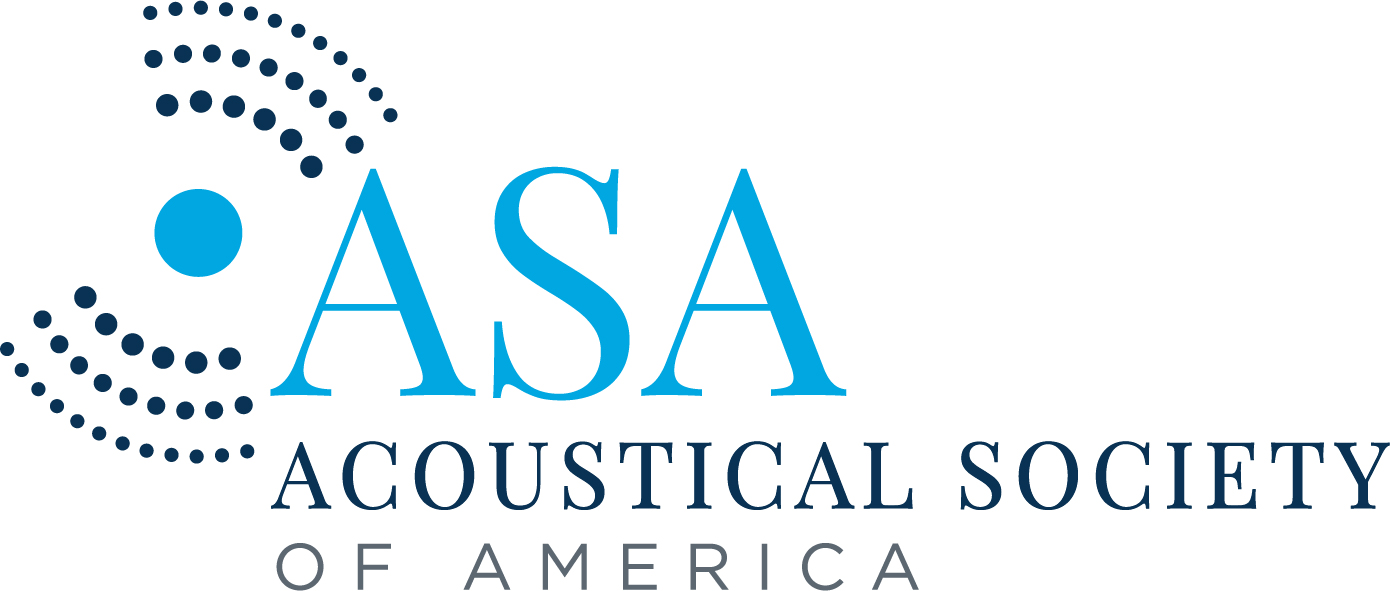Christopher Heffner – ccheffne@buffalo.edu
Department of Communicative Disorders and Sciences
University at Buffalo
Buffalo, NY 14214
United States
Popular version of 4aSCb6 – Age and category structure in phonetic category learning
Presented at the 186th ASA Meeting
Read the abstract at https://doi.org/10.1121/10.0027460
–The research described in this Acoustics Lay Language Paper may not have yet been peer reviewed–
Imagine being a native English speaker learning to speak French for the first time. You’ll have to do a lot of learning, including learning new ways to fit words together to form sentences and a new set of words. Beyond that, though, you must also learn to tell sounds apart that you’re not used to. Even the French word for “sound”, son, is different from the word for “bucket”, seau, in a way that English speakers don’t usually pay attention to. How do you manage to learn to tell these sounds apart when you’re listening to others? You need to group those sounds into categories. In this study, museum and library visitors interacting with aliens in a simple game helped us to understand which categories that people might find harder to learn. The visitors were of many different ages, which allowed us to see how this might change as we get older.
One thing that might help would be if you come with knowledge that certain types of categories are impossible. If you’re in a new city trying to choose a restaurant, it can be really daunting if you decide to investigate every single restaurant in the city. The decision becomes less overwhelming if you narrow yourself to a specific cuisine or neighborhood. Similarly, if you’re learning a new language, it might be very difficult if you entertain every possible category, but limiting yourself to certain options might help. My previous research (Heffner et al., 2019) indicated that learners might start the language learning process with biases against complicated categories, like ones that you need the word “or” to describe. I can describe a day as uncomfortable in its temperature if it is too hot or too cold. We compared these complicated categories to simple ones and saw that the complicated ones were hard to learn.
In this study, I studied this sort of bias across lots of different ages. Brains change as we grow into adulthood and continue to change as we grow older. I was curious whether the bias we have against those certain complicated categories would shift with age, too. To study this, I enlisted visitors to a variety of community sites, by way of partnerships with, among others, the Buffalo Museum of Science, the Rochester Museum and Science Center, and the West Seneca Public Library, all located in Western New York. My lab brought portable equipment to those sites and recruited visitors. The visitors were able to learn about acoustics, a branch of science they had probably not heard much about before; the community spaces got a cool, interactive activity for their guests; and we as the scientists got access to a broader population than we could get sitting inside the university.
 Figure 1. The three aliens that my participants got to know over the course of the experiment. Each alien made a different combination of sounds, or no sounds at all.
Figure 1. The three aliens that my participants got to know over the course of the experiment. Each alien made a different combination of sounds, or no sounds at all.
We told the visitors that they were park rangers in Neptune’s first national park. They had to learn which aliens in the park made which sounds. The visitors didn’t know that the sounds they were hearing were taken from German. Over the course of the experiment, they learned to group sounds together according to categories that we made up in the German speech sounds. What we found is that learning of simple and complicated categories was different across ages. Nobody liked the complicated categories. Everyone, no matter their age, found them difficult to learn. However, the responses to the simple categories differed a lot depending on the age. Kids found them very difficult, too, but learning got easier for the teens. Learning peaked in young adulthood, then was a bit harder for those in older age. This suggests that the brain systems that help us learn simple categories might change over time, while everyone seems to have the bias against the complicated categories.

